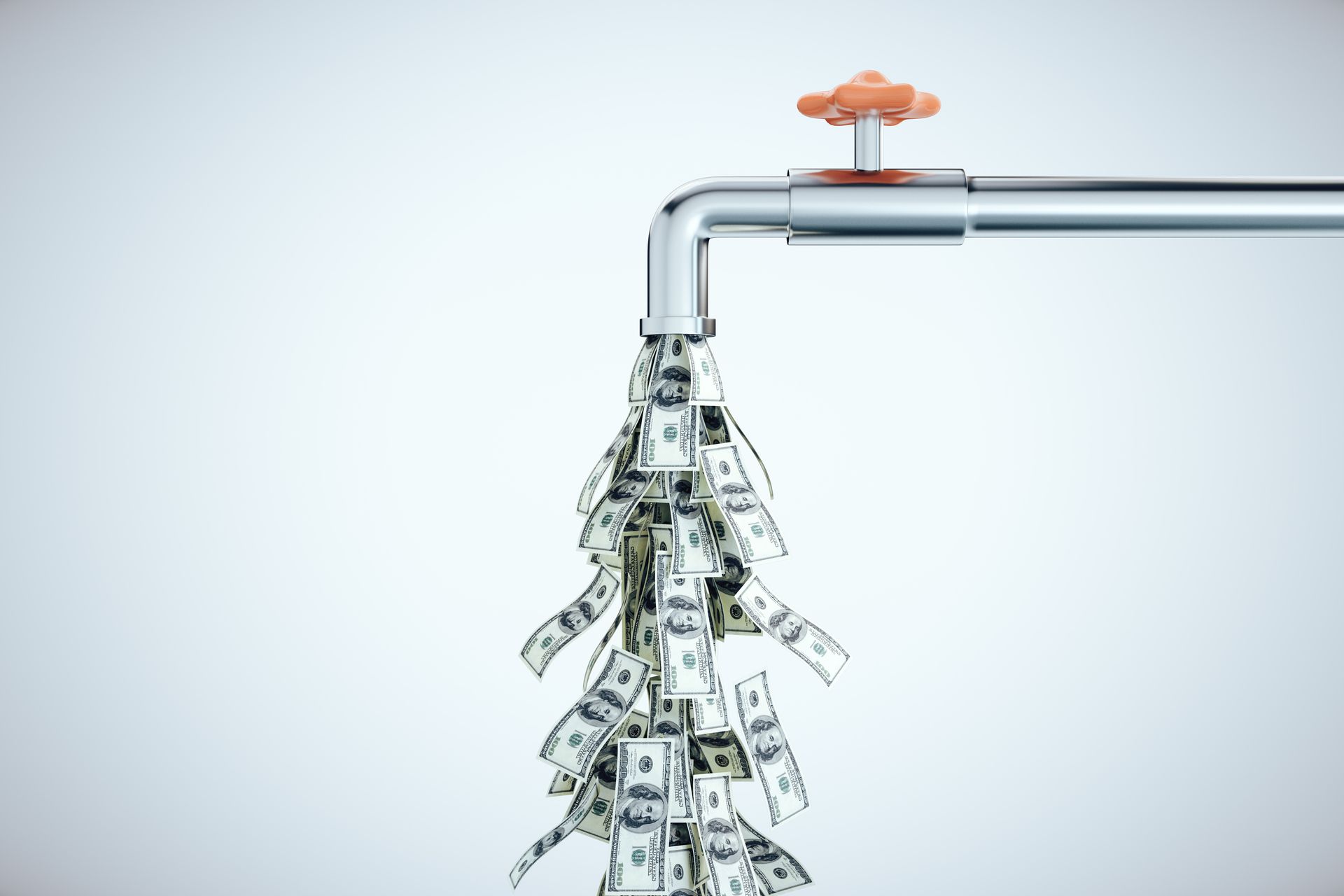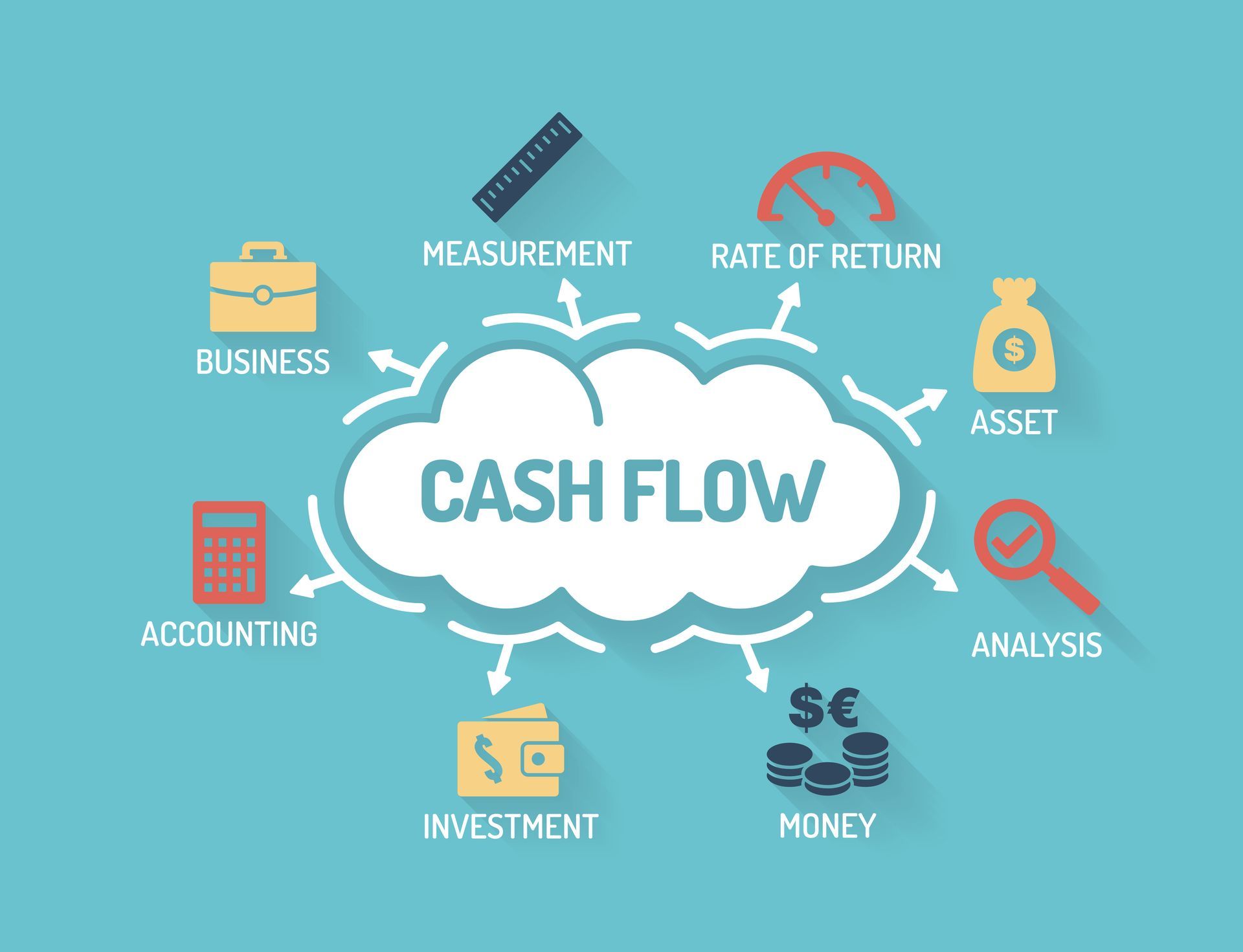How Can Implementing Cost Controls Improve Cash Flow?

Cash flow management involves monitoring the flow of cash into and out of a business to make sure there is enough liquidity to meet financial obligations and ongoing operational expenses. While increasing revenue is one way to improve cash flow, implementing cost controls can also play a significant role in enhancing cash flow and improving overall financial health.
Understanding Cash Flow
Cash flow refers to the movement of money in and out of a business. Positive cash flow occurs when the incoming cash from sales, investments or financing activities exceeds the outgoing cash used for expenses, investments and debt repayments.
Negative cash flow occurs when outgoing cash exceeds incoming cash, potentially leading to financial strain and liquidity issues.
Factors Affecting Cash Flow
Sales and Revenue Generation: Increasing sales and generating more revenue can boost cash flow by bringing in more cash from customers and clients. Selling more of the products or services you already offer isn’t necessarily the only source of revenue growth. Expanding service offerings can potentially reach untapped markets or fulfill a different demand of customers who are already familiar with or loyal to your business.
Expenses and Overhead Costs: Managing expenses and reducing overhead costs can help conserve cash and improve cash flow by lowering the amount of money going out of the business. There are countless ways to do this beyond the obvious options like cutting staff or closing offices. Renegotiating supplier contracts, lease agreements or refinancing debts are just a handful of potential options. An experienced CPA may be able to help you analyze existing expenses and identify areas where you can cut expenses.
Accounts Receivable and Accounts Payable:
The timing of payments from clients and to vendors can have a significant impact on cash flow. Delayed payments from customers or suppliers can affect cash flow negatively, while prompt payment collections can improve cash flow. Simply renegotiating or changing from net 60 to net 30 might enhance cash flow and buy your business breathing room.
Inventory Management:
Efficient inventory management practices can minimize carrying costs and prevent excess inventory buildup, freeing up cash that would otherwise be tied up in inventory and reducing storage-related expenses.
Capital Expenditures and Investments: Large capital expenditures or investments can impact cash flow by requiring significant cash outlays upfront, while the returns on these investments may be realized over time.
Strategies for Improving Cash Flow Through Cost Controls
Budgeting and Forecasting: Develop comprehensive budgets and cash flow forecasts to track income and expenses, identify potential cash flow gaps and plan for future financial needs.
Expense Reduction: Review and analyze all business expenses to identify areas where costs can be reduced or eliminated. This may involve renegotiating contracts with suppliers, consolidating services or finding more cost-effective alternatives.
Streamlining Processes: Streamline business processes and workflows to improve efficiency and reduce waste. This may involve automating repetitive tasks, optimizing resource allocation and eliminating unnecessary steps in the production or service delivery process.
Negotiating Payment Terms:
Negotiate favorable payment terms with suppliers to extend payment deadlines and preserve cash flow. This may include negotiating discounts for early payment or arranging installment payments to spread out cash outflows over time.
Debt Management:
Evaluate existing debt obligations and explore options for refinancing or restructuring debt to reduce interest costs or lower monthly payments. It’s also important to prioritize debt repayment to avoid accruing excessive interest and penalties.
Inventory Optimization: Optimize inventory levels to minimize carrying costs and prevent overstocking. A CPA may be able to help you analyze your inventory management systems to track inventory turnover rates, identify slow-moving items and make informed purchasing decisions.
Cash Flow Monitoring: Regularly monitor cash flow statements and financial reports to track cash inflows and outflows, identify trends and proactively manage cash flow fluctuations. This enables businesses to anticipate cash flow issues and take corrective action before they escalate.
Get Experienced Advice from a CPA and Business Consultant in Phoenix
If you are looking for an experienced Phoenix consultant to help you implement cost controls, look no further than our CPA at H&H Accounting. Give us a call today at (480) 561-5805 or contact us here on our website to schedule your free consultation today.



